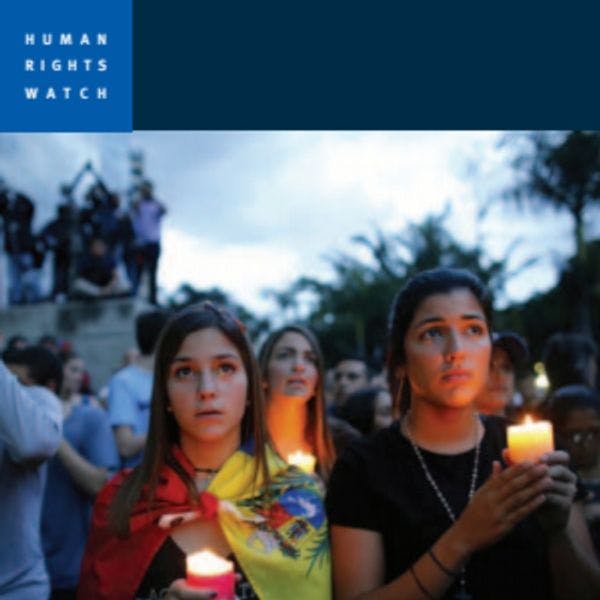HRW : Rapport mondial de 2019
Le rapport annuel de HRW met en lumière les progrès et la régression des politiques des drogues, de la guerre contre la drogue aux Philippines au moratoire de l’Iran sur la peine mort pour les infractions liées aux drogues. Pour en savoir plus, en anglais, veuillez lire les informations ci-dessous.
In some ways this is a dark time for human rights. Yet while the autocrats and rights abusers may capture the headlines, the defenders of human rights, democracy, and the rule of law are also gaining strength. The same populists who are spreading hatred and intolerance are spawning a resistance that keeps winning its share of battles. Victory in any given case is never assured, but it has occurred often enough in the past year to suggest that the excesses of autocratic rule are fueling a powerful counterattack. Unlike traditional dictators, today’s would-be autocrats typically emerge from democratic settings. Most pursue a two-step strategy for undermining democracy: first, scapegoat and demonize vulnerable minorities to build popular support; then, weaken the checks and balances on government power needed to preserve human rights and the rule of law, such as an independent judiciary, a free media, and vigorous civic groups.
Even the world’s established democracies have shown themselves vulnerable to this demagoguery and manipulation. Autocratic leaders rarely solve the problems that they cite to justify their rise to power, but they do create their own legacy of abuse. At home, the unaccountable government that they lead becomes prone to repression, corruption, and mismanagement. Some claim that autocrats are better at getting things done, but as they prioritize perpetuating their own power, the human cost can be enormous, such as the hyperinflation and economic devastation in once oil-rich Venezuela, the spree of extrajudicial killings as part of the “drug war” in the Philippines, or China’s mass detention of upwards of 1 million Turkic Muslims, primarily Uyghurs.
Because they dislike human rights scrutiny, autocratic leaders also tend to retreat from the defense of human rights beyond their borders. This retrenchment has made it easier for brutal leaders to get away with large-scale atrocities, such as Syria’s war on civilians in areas held by anti-government forces, the Saudi-led coalition’s indiscriminate bombing and blockade that are killing and starving Yemeni civilians, and the Myanmar army’s mass murder, rape, and arson against Rohingya Muslims.
